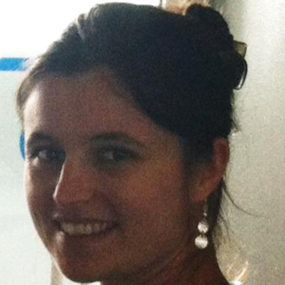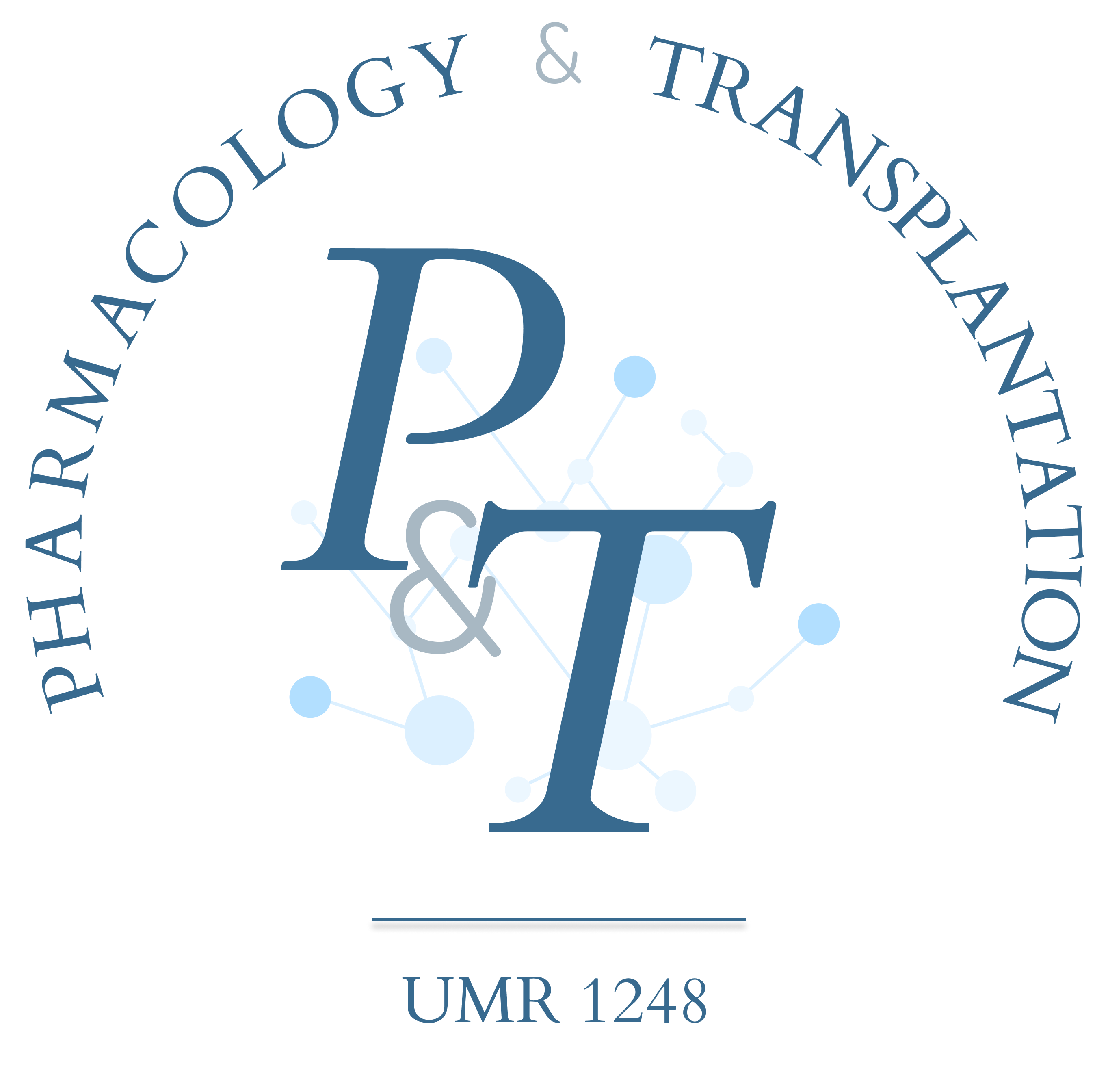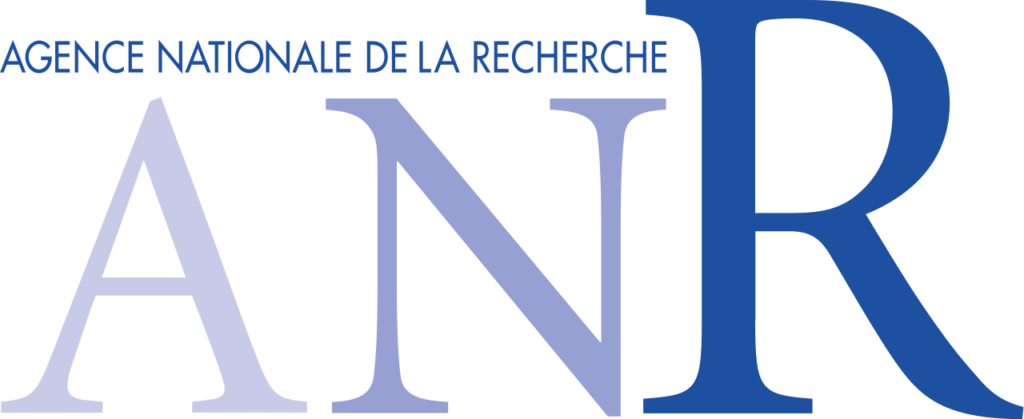
About me...
Striking Achievements
- A donor and recipient candidate gene association study of allograft loss in renal transplant recipients receiving a tacrolimus-based regimen, Am. J. Transplant., 10.1111/ajt.14894
- Structural patterns of the human ABCC4/MRP4 exporter in lipid bilayers rationalize clinically observed polymorphisms, Pharmacol. Res., 133, (2018), 318-327
- Recruitment of 7SL RNA to Assembling HIV-1 Virus-Like Particles, Traffic., 19 (2018), 10.1111/tra.12536
- Mechanistic insights into type I toxin antitoxin systems in Helicobacter pylori: the importance of mRNA folding in controlling toxin expression, Nucleic Acids Res. 45 (2017), 4782-4795
- Analysis of the human immunodeficiency virus-1 RNA packageome, RNA, 22 (2016), 1228-1238.
- Since 2016 Biology engineer, lab manager, quality manager assistant at UMR INSERM CHU-1248 (ex 850), Individual Profiling and Prevention of Risks with Immunosuppressive Therapies and Transplantation, Limoges, France
- 2013-2015 Research assistant in Sandra Wolin’s lab at Yale University, New Haven, CT, USA
- 2008-2013 EPHE degree training and then engineer at INSERM U869 (now U1212), RNA: natural and artificial regulations, Bordeaux, France
- 2007 Research assistant training, at UMR 5247, IBMM, team MFSA, Montpellier, France
- 2008-2011 M. Sc. in Earth and Life Sciences with honours, Ecole Pratique des Hautes Etudes (EPHE), Paris, France
- 2007 B. Sc. in Biochemistry, University of La Rochelle, France
- 2006 « D.U.T » (Technologic and Academic Degree) in bioengineering, specialty: biological and biochemical analysis, with honours, University of La Rochelle, France.
- 2004 « Baccalauréat » in laboratory science and technology, specialty: Biochemistry Bioengineering, Lycée Jacques Monod, Lescar, France
RESEARCH ACTIVITIES
2016-nowaday:
- Pharmacoepigenetics :
DNA sequence variations in metabolic enzymes, membrane transporters or cellular targets have been shown to explain inter-individual variability in immunosuppressive drug response. On the other hand epigenetic changes which dynamically and reversibly alter gene expression might contribute to intra-individual vvariability. We investigate epigenic changes occurring following immunosuppressive treatments in mice.
- Pharmacogenetics:
- We investigate polymorphisms in candidate pharmacogenes which could be associated with graft function and subsequent graft outcomes in transplantation.
- Thanks to NGS we screen kidney grafted patients’ whole exome in order to identify unknown rare mutation, which could be associated to extreme phenotypes in transplantation.
- Transporters:
- We try to identify substrates and inhibitors of protein of interest in order to document drug-drug interactions in transplantation
- We investigate in vitro the effect of gene mutations on their structure or function.
2013-2015:
- We studied noncoding RNA in the human immunodeficiency virus (HIV-1). Retroviruses encapsidate specific ncRNA from the host cell in addition to their own genomes into newly generated virions. We characterized the RNAs within infectious HIV-1 virions produced in human T lymphosarcoma cell line by high-throughput sequencing. We also investigated how the virus selectively incorporates a noncoding host RNA, 7SL, into virions budding.
2008-2013:
- We studied genes expression regulation by small noncoding RNA in the major human gastric pathogen: Helicobacter pylori. The bacteria transcriptome sequencing gave us a lot of targets and we characterized a new familly of type I Toxin-Antitoxin (TA) system present on the chromosome of the bacteria, named aapA/IsoA 1 to 6. We investigated the interaction mechanism between the two RNA components of the TA system. This work led us to investigate the role of numerous enzymes in the RNA maturation/degradation pathway.
2007:
- We developed a new and advantageous method of alkanesulphonyl chloride synthesis for the preparation of sulfonamides and sulfonylureas which have pharmaceutical profit.









